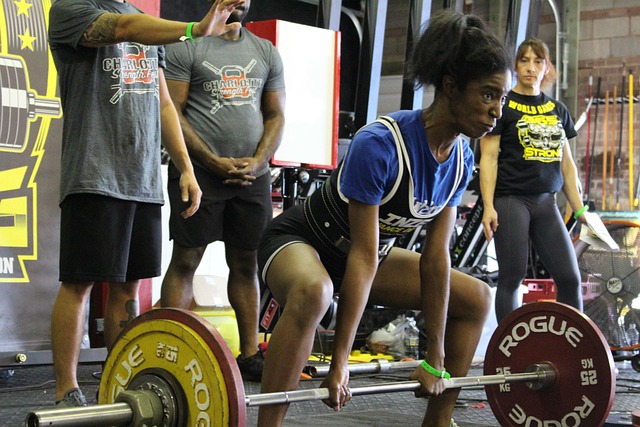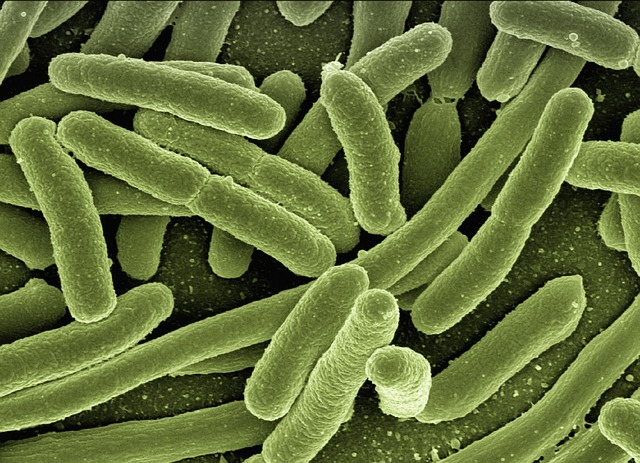Empowering Your Healthy Lifestyle Through Powerlifting: The Essential Role of Nutrition
Powerlifting isn’t just about lifting heavy weights; it’s a pathway to a healthier lifestyle that encompasses physical strength, mental resilience, and the crucial role of nutrition. Many individuals are drawn to powerlifting for its sheer challenge and intensity, but its benefits extend far beyond just building muscle. The journey of powerlifting is about crafting a healthier you, and understanding the essential role of nutrition is key to unlocking that potential.
The Connection Between Powerlifting and a Healthy Lifestyle
For those who commit to the discipline of powerlifting, physical transformation is often visible in the strength they gain and the confidence they exude. However, powerlifting significantly impacts one’s overall health. It encourages an active lifestyle and promotes consistency in exercise, which is fundamental for maintaining a healthy weight and improving cardiovascular health.
Moreover, powerlifting creates a community. Many individuals find camaraderie in the gym, pushing one another to overcome personal barriers and achieve new personal records. This environment fosters not just physical growth, but emotional and social well-being, enhancing your overall quality of life.
The Essential Role of Nutrition in Powerlifting
While the weights add to your strength, it’s the food you consume that fuels your engine. Nutrition plays an integral role in powerlifting success and, broadly, in achieving a healthy lifestyle. This is where understanding your dietary needs becomes imperative.
Protein is your best friend when it comes to muscle recovery and growth. Integrating lean meats, fish, legumes, and dairy into your diet ensures that your muscles are receiving the necessary nutrients to repair and grow stronger after your lifts. However, a healthy lifestyle doesn’t stop at protein. Carbohydrates are equally important as they provide the energy needed for intense workouts. Whole grains, fruits, and vegetables should be staples in your nutrition plan, fueling your body for the demands of powerlifting.
Hydration: The Unsung Hero
Alongside a balanced diet, hydration is crucial for performance in powerlifting. Water aids in digestion and nutrient absorption while enhancing muscle function. Dehydration can lead to fatigue and decreased performance, turning a promising lifting session into a struggle. Make it a point to drink enough water throughout the day, particularly before, during, and after your workouts.
Building a Sustainable Nutrition Plan
Embarking on a powerlifting journey requires more than just lifting weights; it calls for a commitment to nutrition that supports your goals. Create a meal plan that aligns with your training schedule, ensuring you’ll have the energy needed to power through your workouts while also nourishing your body for recovery. Don’t hesitate to consult with a nutritionist who specializes in sports nutrition for personalized guidance.
It’s also important to listen to your body. Everyone’s nutritional needs are unique, and what works for one lifter may not work for another. Experiment with different foods and meal timings to find what makes you feel strongest and most energized.
The Integration of Mindfulness
As you focus on nutrition and strength training, don’t forget the mental aspect of powerlifting. Cultivating a healthy mindset around food and fitness can greatly impact your performance and lifestyle. Practice mindfulness by tuning into how different foods make you feel and how your body responds to training. This awareness can empower you to make informed choices that nurture both your physical and mental health.
Powerlifting is more than a sport; it’s a comprehensive approach to health and wellness. By embracing the essential role of nutrition, you’re not just lifting weights—you’re lifting yourself into a vibrant and healthy lifestyle. Get ready to embark on a journey where strength and nourishment go hand in hand, empowering you to achieve your fitness goals while enhancing your overall well-being.




